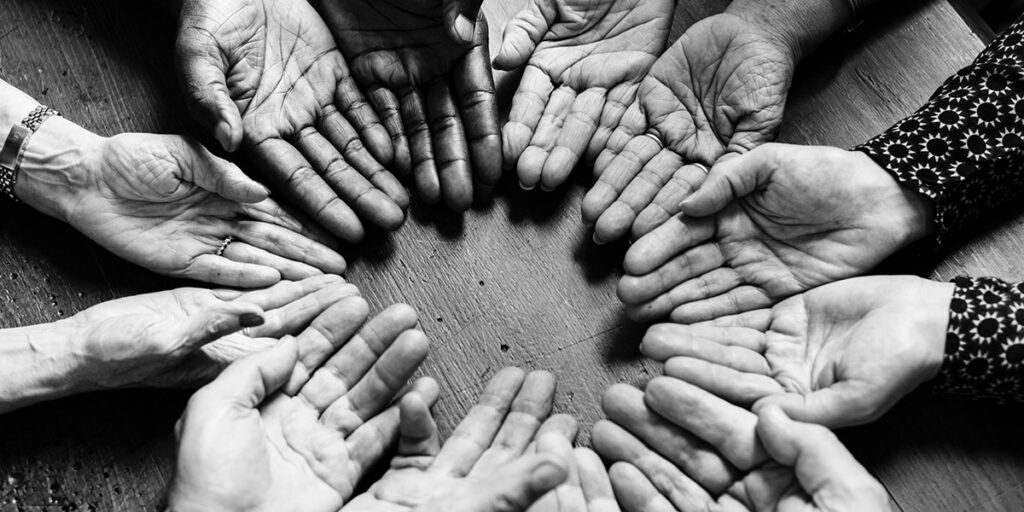When non-Muslims pray or use the word “prayer,” usually what they mean is du’a or supplication. This is different from Salat or salah (both transliterations are used), the Islamic prayer which involves the body language of bowing and prostration and the physical perimeters of time (daily prayer times) and space (direction to pray towards Mecca), required of all Muslims. Thikr Allah — translated “remembering” or “mentioning” Allah and sometimes transliterated dhikr — is not specified as obligatory, although the Quran emphasizes it. But salat is required to be established on a daily basis. So why then do we read in Surat Al-Ankabut 29:45 (below) that thikr Allah is greater than salat?
Continue readingاتْلُ مَا أُوحِيَ إِلَيْكَ مِنَ الْكِتَابِ وَأَقِمِ الصَّلَاةَ ۖ إِنَّ الصَّلَاةَ تَنْهَىٰ عَنِ الْفَحْشَاءِ وَالْمُنكَرِ ۗ وَلَذِكْرُ اللَّهِ أَكْبَرُ ۗ وَاللَّهُ يَعْلَمُ مَا تَصْنَعُونَ
Recite, [O Muhammad], what has been revealed to you of the Book and establish salat. Indeed, salat prohibits immorality and wrongdoing, and thikr Allah (the remembrance of Allah) is greater. And Allah knows that which you do.






